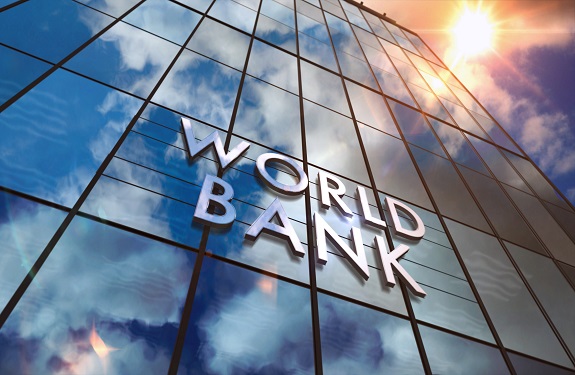Nigeria’s economy has been projected to experience 2.5 per cent growth in 2022 by the World Bank.
This shows a slight improvement from the estimated 2.4 per cent growth in 2021.
According to its latest Global Economic Prospects report released on Tuesday, the projected growth is predicated on higher oil prices as well as accelerated growth in telecommunication and financial services.
“In Nigeria, growth is projected to strengthen somewhat to 2.5 percent in 2022 and 2.8 percent in 2023,” the report reads.
The oil sector should benefit from higher oil prices, a gradual easing of the Organization of the Petroleum Exporting Countries (OPEC) production cuts, and domestic regulatory reforms.
“Activity in service sectors is expected to firm as well, particularly in telecommunications and financial services. However, the reversal of pandemic-induced income and employment losses is expected to be slow; this, along with high food prices, restrains a faster recovery in domestic demand.
“Activity in the non-oil economy will remain curbed by high levels of violence and social unrest as well as the threat of fresh COVID-19 flare-ups with remaining mobility restrictions being lifted guardedly because of low vaccination rates — just about 2 percent of the population had been fully vaccinated by the end of 2021,” the report indicated.
It further said new threats from COVID-19 variants and a rise in inflation, debt, and income inequality could endanger the recovery in emerging and developing economies and predicted that per capita income is expected to be lower in 2022 than a decade ago in countries such as Angola, Nigeria, and South Africa.
“After barely increasing last year, per capita incomes are projected to recover only at a subdued pace, rising 1.1 percent a year in 2022-23, leaving them almost 2 percent below 2019 levels.
“In South Africa and Nigeria, per capita incomes are projected to remain more than 3 percent below pre-pandemic levels in 2023,” the report reads.
Speaking on the development, David Malpass, World Bank president, said the world economy is simultaneously facing COVID-19, inflation, and policy uncertainty, with government spending and monetary policies in uncharted territory.
“Rising inequality and security challenges are particularly harmful to developing countries. Putting more countries on a favourable growth path requires concerted international action and a comprehensive set of national policy responses,” he added.









